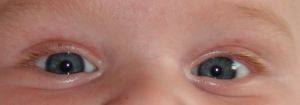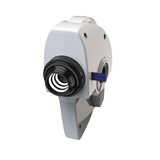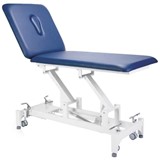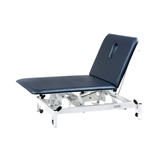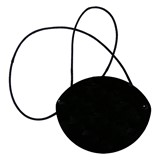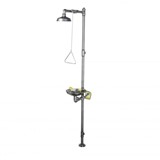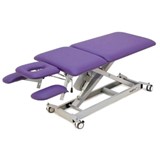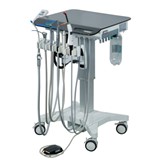The team of experts based in the Visual Neuroscience Group in the University’s School of Psychology are looking for children (age 5-12 yrs), for research exploring whether computer-based visual tasks can help to improve vision in the weak eye.
Dr Paul McGraw, who is leading the research said: “We have tested these new techniques on adults with amblyopia and the results have been impressive. Substantial and long lasting improvements in vision have been generated. We now want to find out if this approach is equally effective in younger people with this condition.”
Amblyopia is a condition in which one eye is substantially weaker than the other eye, typically detected early in childhood. It is the most common cause of vision problems in children and often cannot be corrected with the use of spectacles alone. The traditional treatment is occlusion therapy, which involves patching of the healthy eye for long periods of time.
If the condition is not corrected early on, it can result in a range of visual impairments in adulthood, such as a lack of depth perception, which can restrict the person’s day-to-day activities and their ability to take up certain professions.
The study, funded by the European Commission, will investigate whether computer-based tasks that challenge the eye can offer long-lasting improvements in vision above and beyond the improvements obtained with patching therapy.
Volunteers for the study will be asked to come to the University around 10 to 12 times. The first session, lasting between 30 – 60 minutes, involves checking volunteers’ eyesight, followed by measuring some visual functions.
Subsequent sessions of around 30 to 45 minutes will involve training using a computer-based visual task. For children, the task is designed to resemble a computer game so that they remain engaged throughout the session. During the final session, volunteers’ eyesight is re-measured in the same way as during the first session to determine whether the training has produced any improvement in their vision.
Volunteers who participate in at least 10 sessions are offered a £100 inconvenience payment at the end of the study.
The researchers are also testing adults with amblyopia in a shorter duration study (1-3 sessions), aimed at mapping distortions in the visual field
Anyone interested in participating can contact Dr Zahra Hussain on 07816 003863 or by email at Zahra.hussain@nottingham.ac.uk

